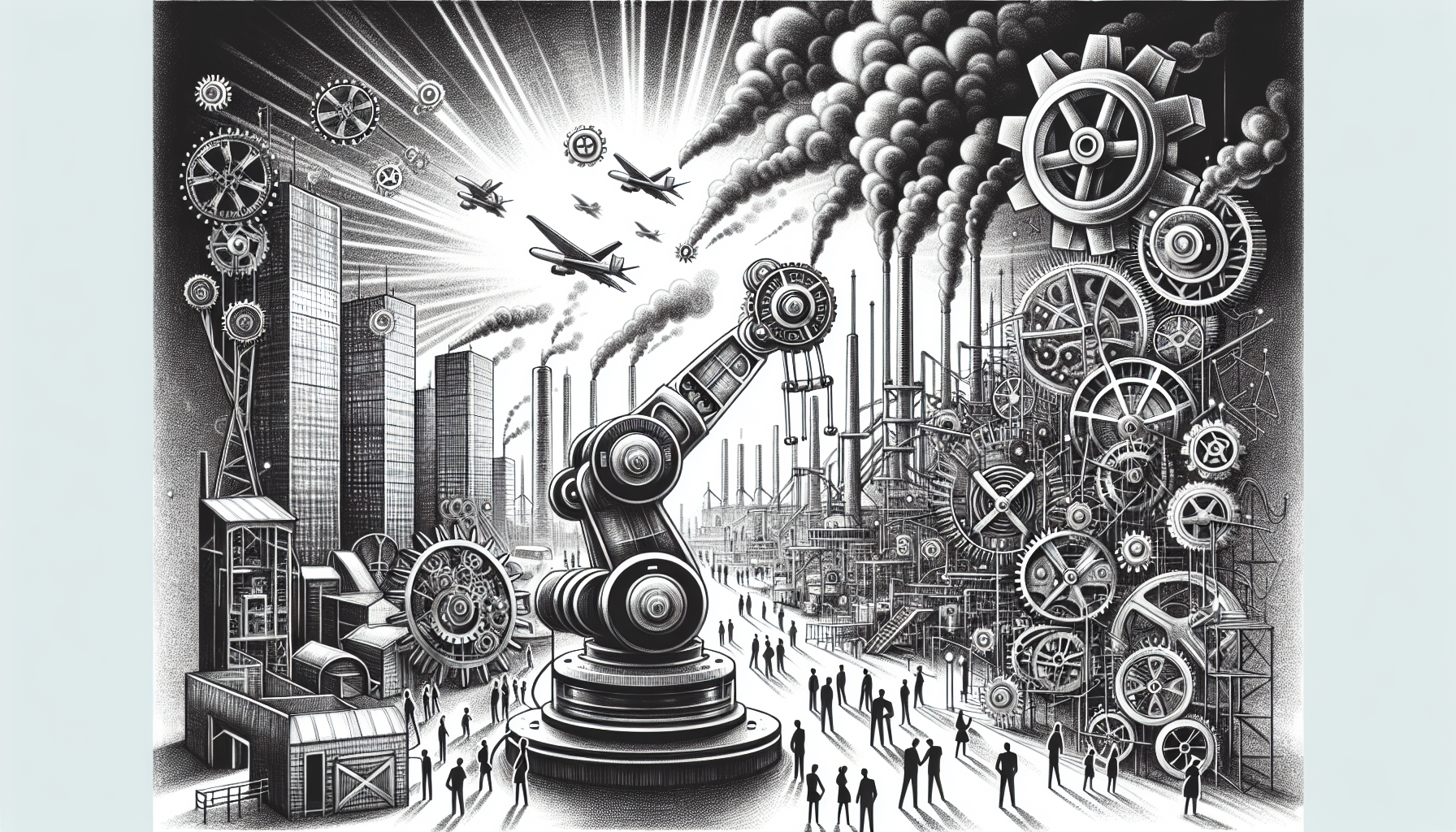Automation, the use of technology to perform tasks without human assistance, is transforming a wide range of industries. From manufacturing to customer service, automation is changing the way we work, live, and conduct business. The effects of this technological revolution are far-reaching, and understanding these implications is vital for both businesses and individuals.
How Automation Benefits Businesses
The benefits of automation for businesses are numerous. For one, automation can lead to significant cost savings. By automating processes that were previously performed manually, companies can reduce labor costs and minimize human error, leading to better overall efficiency and productivity.
Automation also allows businesses to scale their operations more effectively. Instead of hiring more employees to handle increased workload, companies can use automation tools to manage the extra demand. This scalability is particularly beneficial for businesses in growth phases or those with fluctuating demand patterns.
In addition, automation often results in improved quality control. AI-driven tools can perform tasks with a higher degree of precision than their human counterparts, reducing the risk of defects and errors.
This improvement in quality control can enhance a company’s reputation and lead to higher customer satisfaction.
The Role of Automation in the Job Market
Despite its advantages, automation has stirred up concerns about job displacement.
Many fear that as technology becomes more sophisticated, it will replace human workers, leading to increased unemployment rates.
While there’s truth in this perspective, a more nuanced understanding reveals a different picture. Automation isn’t merely replacing jobs; it’s also creating new ones. The rise of automation has led to the emergence of roles that didn’t exist before, such as data analysts, automation specialists, and AI ethics officers.
Moreover, automation tends to replace tasks, not jobs. Many roles involve a mix of routine and non-routine tasks. While the routine tasks are susceptible to automation, the non-routine tasks often require human skills such as creativity, critical thinking, and emotional intelligence.
Preparing for an Automated Future
While automation is inevitable, it’s important to prepare for its impact. For businesses, this means strategically integrating automation into their operations.
Instead of replacing human workers altogether, companies should aim to use automation to complement human skills.

For individuals, acquiring skills that are hard to automate is crucial.
Soft skills, such as leadership, creativity, and emotional intelligence, are more important than ever. Furthermore, learning how to work with automated systems can also be beneficial, as the demand for such skills is on the rise.
Finally, education systems must adapt to this new reality. They should focus on equipping students with skills that will remain relevant in an automated world.
This means emphasizing STEM education, as well as fostering soft skills and adaptability.
The rise of automation presents both challenges and opportunities. By understanding its implications and adopting proactive strategies, businesses, individuals, and societies can harness the power of automation to create a more efficient, productive, and inclusive economy.